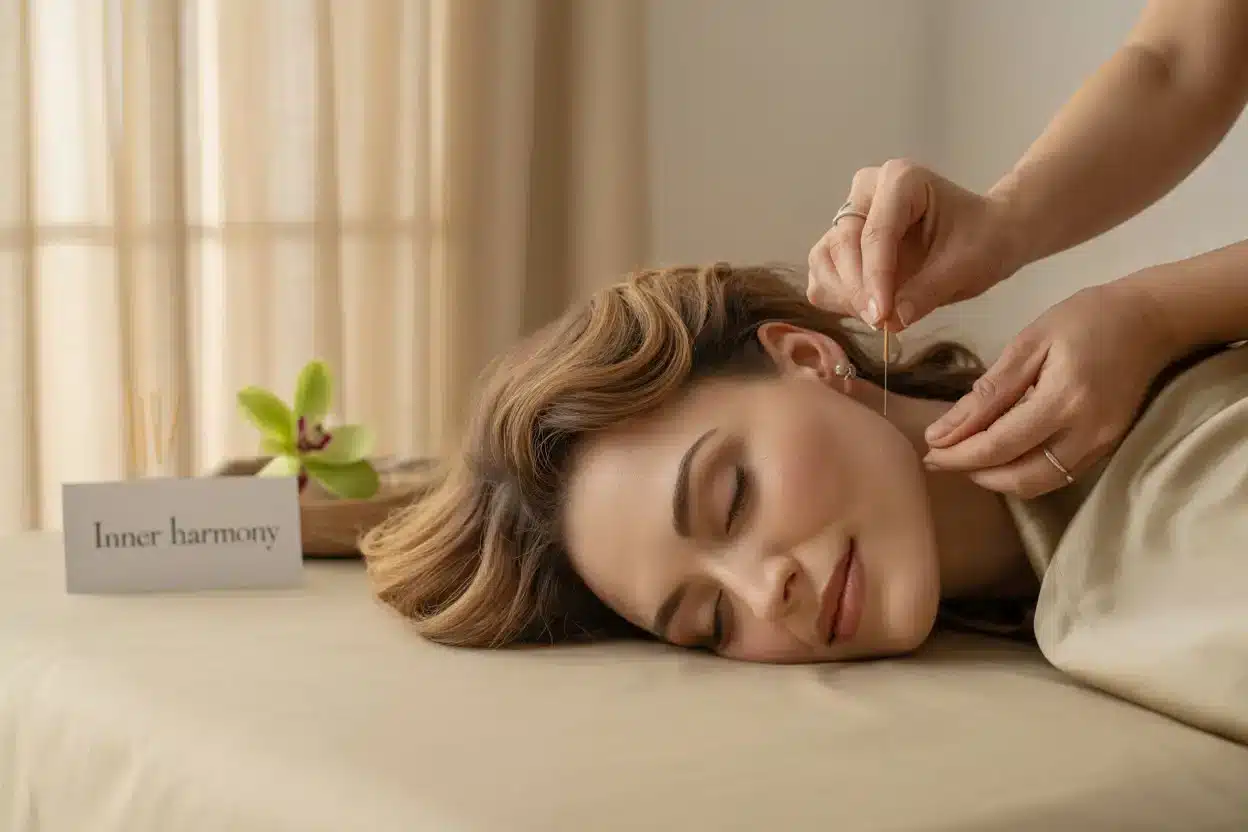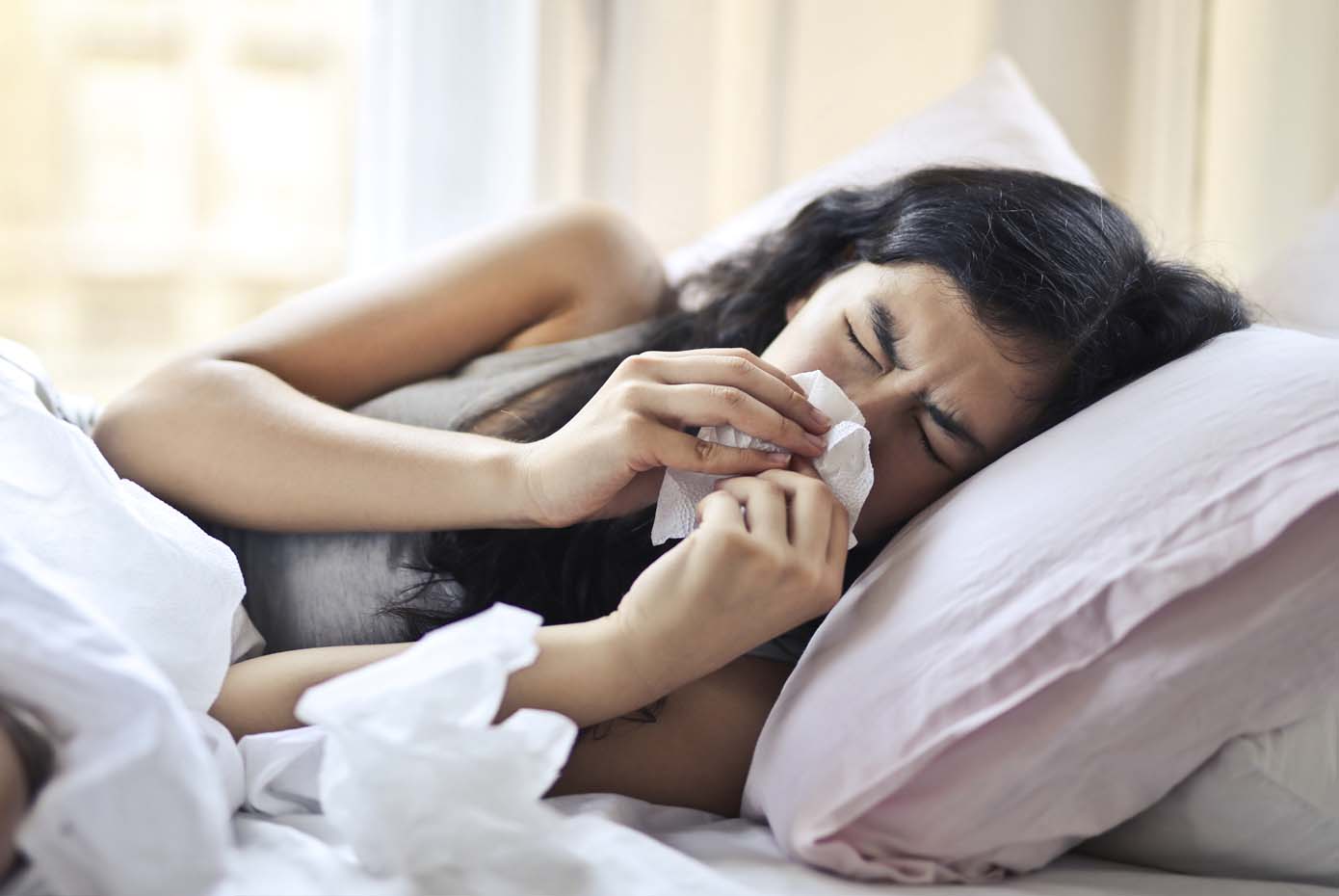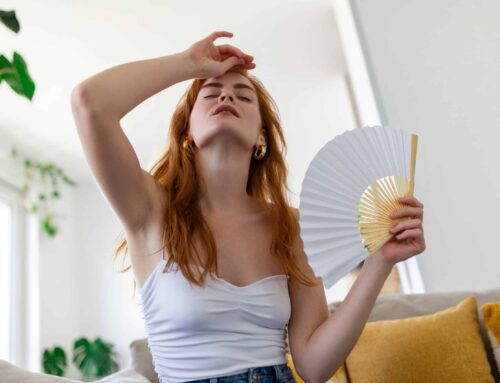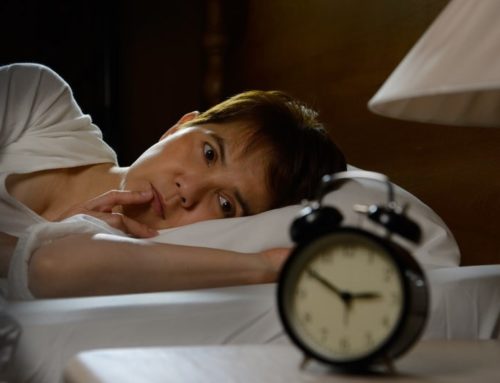Hay Fever & Allergic Rhinitis Treatment: Natural Allergy Relief with Acupuncture
How acupuncture can help relieve hay fever symptoms
For many in Brisbane and beyond, the changing seasons bring not only beautiful weather but also the unwelcome symptoms of allergic rhinitis, commonly known as hay fever, made worse locally by the city’s long grass pollen season and warm, windy spring days that keep allergens in the air.
At Balance Acupuncture Brisbane, we understand the profound impact these persistent allergies can have on your daily life, from a perpetually runny nose to debilitating fatigue.
I’m Louise, and as a certified acupuncturist and Traditional Chinese Medicine (TCM) practitioner, I’m here to offer a holistic path to natural allergy relief.
What Is Allergic Rhinitis and Why Does It Affect Us?
Rhinitis refers to irritation and swelling of the mucous membranes inside the nose, which can cause nasal congestion, a runny nose, or both at once. The three main types are allergic rhinitis, non-allergic rhinitis, and infectious rhinitis (sinusitis) and, while Traditional Chinese Medicine (TCM) has been recognised for centuries for its effectiveness in treating allergic rhinitis, a large body of modern research also supports its positive response to acupuncture treatment (McDonald & Jantz, 2017).
Allergic rhinitis is an inflammatory response of the nasal passages triggered by hypersensitivity to airborne environmental allergens. Although seasonal allergic rhinitis, or “hay fever“, is often linked to pollen, many suffer year-round from persistent allergic rhinitis due to allergens like dust mites, moulds, and animal dander.
Symptoms of Hayfever (Seasonal Allergic Rhinitis)
If you find yourself sneezing more as spring sets in, or your nose runs endlessly after a windy day, you may be experiencing seasonal allergic rhinitis – commonly known as hayfever.
As many of my Brisbane patients know, seasonal allergic rhinitis is expressed through a wide range of symptoms, some of which are surprisingly subtle. In Australia, hayfever symptoms tend to flare up when pollen counts are high, especially in dry, breezy weather or during thunderstorms.
Here are the most common symptoms of hayfever in Australia:
Unlike a common cold or flu, these symptoms persist as long as you’re exposed to the allergen, significantly diminishing your quality of life, sleep, and work performance. Unaddressed, allergic rhinitis can lead to complications such as sleep disturbance, daytime tiredness, poor concentration and recurrent sinus infections in adults.
It’s also common for allergic rhinitis sufferers to experience other conditions like asthma and skin rashes – a connection well-understood in TCM and increasingly recognised biomedically due to shared physiological pathways. Seasonal allergic rhinitis is expressed through these common respiratory and ocular symptoms.

Acupuncture for Allergies: A Proven Path to Relief
The question, “Does acupuncture work for hay fever?” is one we hear often, and the answer, supported by growing evidence, is a resounding yes. Acupuncture for hayfever has been recognised for its ability to significantly alleviate the distressing symptoms of allergic rhinitis (https://www.evidencebasedacupuncture.org/acupuncture-allergic-rhinitis/).
The comprehensive Acupuncture Evidence Project of 2017 highlights that acupuncture and allergy relief lead to significant improvements in symptoms, including sneezing, itchy nose, itchy eyes, runny nose, blocked nose, and interrupted sleep. Crucially, these improvements often last for up to three months post-treatment, offering sustained relief. Studies also indicate that acupuncture allergy treatment can reduce inflammatory mediators in the body, which are key players in the allergic response.
Acupuncture for allergies and sinus works through various biological mechanisms, helping to reduce symptoms and improve your body’s tolerance to allergens. This ancient practice is now recommended as a non-pharmacological treatment option in the allergic rhinitis clinical practice guideline of the Otolaryngology Head and Neck Surgery Foundation in the US, affirming its role in modern healthcare.
Traditional Chinese Medicine for Hay Fever
From a TCM perspective, allergic rhinitis is often viewed as an imbalance in the body’s vital energy (Qi), particularly related to the Lung, Spleen, and Kidney organ systems. Chinese medicine for hay fever focuses on strengthening these systems and expelling external pathogens, thereby addressing the root cause of the allergies. This holistic approach means we don’t just treat the symptoms; we work to rebalance your entire system, offering natural allergy treatment that promotes long-term wellness.
Traditional Chinese Medicine for Hay Fever
During an acupuncture treatment, specific points are targeted to alleviate symptoms and strengthen your body’s defences. While each treatment is individualised, common acupuncture points for hay fever include those on the face, hands, arms, legs, and back.
These acupuncture points for seasonal allergies are chosen for their ability to clear nasal passages, reduce inflammation, and bolster your immune system. For those looking for self-help, acupressure for hay fever on certain acupressure points can also offer temporary relief.
Beyond Acupuncture: Holistic Support for Allergic Rhinitis
At Balance Acupuncture Brisbane, our approach extends beyond just acupuncture. We incorporate various TCM modalities to provide comprehensive allergic rhinitis treatment:
How Many Acupuncture Sessions for Allergies?
The question of “how many acupuncture sessions for allergies?” can vary depending on the severity and duration of your symptoms, as well as your individual response to treatment.
Generally, a course of regular sessions is recommended initially to build a strong foundation, followed by maintenance treatments as needed, particularly before and during peak allergy seasons. We’ll discuss a personalised treatment plan during your initial consultation to ensure the most effective approach for your specific needs.
Addressing Specific Allergic Rhinitis Concerns
We understand that allergic rhinitis manifests differently for everyone. Whether you experience allergic rhinitis worse at night, notice symptoms triggered by allergic rhinitis weather change, or suffer from allergic rhinitis year-round, our personalised approach can help.
We can provide support for managing allergic rhinitis and sinusitis and the often-debilitating allergic rhinitis fatigue. Our goal is to empower you with strategies for allergic rhinitis prevention, reducing reliance on conventional medications. For persistent issues, it’s good to know about various hay fever treatment options available.
Why Choose Balance Acupuncture Brisbane?
I have a nurturing, professional and personalised approach to your treatment, combining the best of Chinese Medicine for hay fever – including acupuncture and Chinese herbal support – at my Carina Heights clinic. With almost 20 years of experience, I understand your body and the specific treatment protocol that will suit you.

Your Content Goes Here
FAQs: Quick Answers to Common Questions
Does acupuncture prevent pollen allergy symptoms?
Many clients notice fewer symptoms and less reliance on antihistamines over time – a gentle, natural allergy treatment approach.
Can acupuncture treat chronic sinusitis and fatigue?
Many clients notice fewer symptoms and less reliance on antihistamines over time – a gentle, natural allergy treatment approach.
Can I combine acupuncture with medications?
Absolutely – you can continue antihistamines. Acupuncture provides natural sinus and allergy relief and may reduce your need for medication.
How long until I notice results?
Some people feel relief after the first few treatments, but most need 6–8 sessions for meaningful, lasting change.
Ready to Breathe Freely Again?
If hay fever or allergic rhinitis relief feels out of reach, let’s reconnect your energy and your breath. My clinic is conveniently located in Carina Heights, a step from Westfield Carindale. Schedule your customised appointment now.
Studies and References
Feng S, Han M, Fan Y, Yang G, Liao Z, Liao W, Li H. Acupuncture for the treatment of allergic rhinitis: a systematic review and meta-analysis. Am J Rhinol Allergy. 2015 Jan-Feb;29(1):57-62. doi: 10.2500/ajra.2015.29.4116. PMID: 25590322. https://pubmed.ncbi.nlm.nih.gov/25590322/
Taw MB, Reddy WD, Omole FS, Seidman MD. Acupuncture and allergic rhinitis. Curr Opin Otolaryngol Head Neck Surg. 2015 Jun;23(3):216-20. doi: 10.1097/MOO.0000000000000161. PMID: 25943957. https://pubmed.ncbi.nlm.nih.gov/25943957/
Seidman MD, Gurgel RK, Lin SY, Schwartz SR, Baroody FM, Bonner JR, et al. Clinical practice guideline: Allergic rhinitis. Otolaryngol Head Neck Surg. 2015 Feb;152(1 Suppl):S1-43 https://pubmed.ncbi.nlm.nih.gov/25644617/
McDonald J, Janz S. The Acupuncture Evidence Project: A Comparative Literature Review (Revised Edition). Brisbane: Australian Acupuncture and Chinese Medicine Association Ltd; 2017. http://www.acupuncture.org.au/
Bu, F., & Lou, Z. (2025). A Review of Recent Progress in the Mechanisms and Effectiveness of Acupuncture for Treating Allergic Rhinitis. International Journal of General Medicine, 18, 1–10. https://doi.org/10.2147/IJGM.S501158
https://www.tandfonline.com/doi/full/10.2147/IJGM.S501158?src=recsys#abstract
Dong, B., Li, B., Xie, L., & Li, Y. (2024). Treatment of Allergic Rhinitis with Acupuncture Based on Pathophysiological. International Journal of General Medicine, 17, 2741–2756. https://doi.org/10.2147/IJGM.S470949
https://www.tandfonline.com/doi/epdf/10.2147/IJGM.S470949?needAccess=true
McDonald J, Janz S. The Acupuncture Evidence Project: A Comparative Literature Review (Revised Edition). Brisbane: Australian Acupuncture and Chinese Medicine Association Ltd; 2017. http://www.acupuncture.org.au/
Silver, D, et. al., (2020), Crowd-sourced Allergic rhinitis symptom data: The influence of environmental and demographic factors. Science of The Total Environment. Vol 705.
Venkatesan, Priya. (2022). Epidemic Thunderstorm Asthma. The Lancet Respiratory Medicine, vol 10, Issue 4, 325-326. https://doi.org/10.1016/S2213-2600(22)00083-2
https://www.thelancet.com/journals/lanres/article/PIIS2213-2600(22)00083-2/fulltext







Leave a Reply